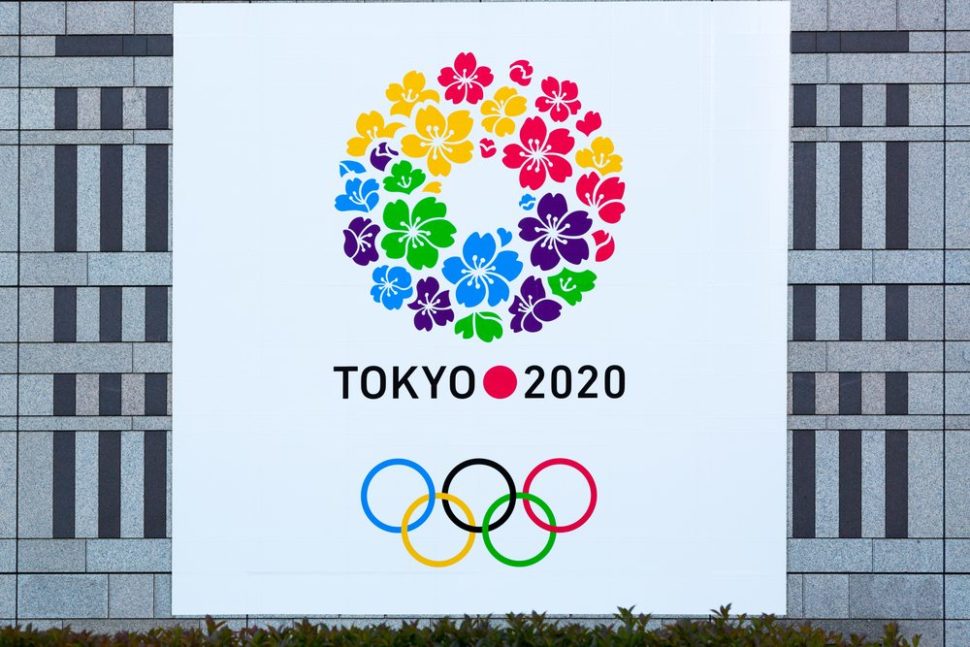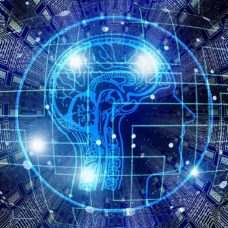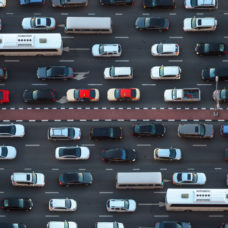Organizers of the 2020 Tokyo Games have considered deploying facial recognition systems to identify athletes, staff, and journalists at all Olympic events.
Facial recognition systems are automated systems that are used to identify individuals by detecting their facial features or what are called nodal points. These nodal points are usually identified as the distance between the eyes, the width of the nose, lips, ears, jawline, and other facial features.
Facial recognition software analyzes these biometric landmarks and cross-references them to faceprints (numerical code of the face) in existing database in order to verify a person’s ID.
Facial recognition tech to be used during Tokyo 2020 Games. #nomorestreakers Click To TweetThis biometric verification technology can be adapted to many security-related applications such as identifying criminals, verifying the identity of travelers, or, for commercial applications, securing online transactions.
Easily deployed through a camera system, facial recognition is an ideal solution for identifying individuals in a crowd or in public spaces. Now, Japan wants to use this tech to enhance security during the 2020 Olympic Games in Tokyo.
Tokyo 2020 Under Scrutiny Through Facial Recognition
For the 2020 Summer Olympics, Japan seems determined to make the most of it as well as making sure it runs smoothly all while using the most cutting-edge technology.
Several banks are already working on a virtual currency (J-Coin), to be launched before the games and a system is also already under trial to provide 5G coverage during the events. Automakers also want to use the event to showcase the capabilities of their autonomous cars.
Now, as reported by the newspaper Japan Times, the organizational committee of the 2020 Tokyo Games will use facial recognition tech to identify participating athletes, officials, media reporters, volunteers, and security members (between 300,000 and 400,000 people).
Spectators, however, will not be concerned by this measure and will use tickets as usual.
The games’ organizers hope that the use of facial recognition technology will boost security and reduce waiting times at checkpoints to access various venues.
The system would be used primarily to get athletes and journalists quickly to their destination without delay and also to prevent identity theft through the use of stolen or fake ID.
Look Sharp for NeoFace! the Best Facial Recognition System
The Tokyo 2020 Organizational Committee will deploy a biometric facial recognition technology developed by NEC Corporation, a Tokyo-based IT company.
The company claims its software to be fastest and most accurate facial recognition system currently on the market.
In 2017, and for the fourth consecutive time, NEC’s machine learning solution, called NeoFace, achieved the highest performance evaluation at the Face In Video Evaluation (FIVE 2017) organized by the U.S. NIST (National Institute of Standards and Technology).
Before this achievement, NeoFace also took first place during three past tests conducted by NIST: the Multiple Biometric Grand Challenge (MBGC 2009), the Multiple Biometric Evaluation (MBE 2011), and the Face Recognition Vendor Test (FRVT 2013).
NeoFace is already in use in multiple locations around the world such as sports venues and airports and it has continuously proved itself at being capable of scanning faces at large-scale public gatherings.
Last summer, three days before the UEFA Champions League final in a stadium in Cardiff, NeoFace spotted a suspicious individual which led to his arrest by the police.
Even though the arrest was unconnected to the game, it was the first arrest made in the UK using facial recognition technology.
Facial Recognition Tech, is it Reliable?
By all accounts, facial recognition is very accurate and the effectiveness of its software depends on three key factors: image quality, identification software, and databases.
Although the technology has been increasingly accurate, it is still far from being beyond doubt.
MIT students recently managed to trick Cloud Vision API, Google’s AI-based image-recognition tech, into thinking two skiers were a dog.
One of the main presented features of the iPhone X was its facial recognition tech, Face ID. However, Apple has already been accused of racism amid reports claiming that the new authentication system can’t tell Chinese users apart.
This is not the first incident though. Face ID was also reportedly fooled by Vietnamese researchers who claim they were able to unlock an iPhone X using 3D-printed masks.
It remains to be seen how NEC’s face recognition technology will fare during the Olympics. The organizational committee of Tokyo 2020 has reportedly already tested NEC’s NeoFace during the 2016 Rio Games to satisfying results which has led to the confirmation of their use in the Tokyo games of 2020.
However, the organizers seem to still be cautious as they will also apply an extra layer of security in the form of ID cards delivered to attendees as a further form of precaution against stolen identities.


















Comments (0)
Least Recent